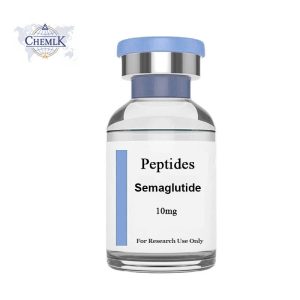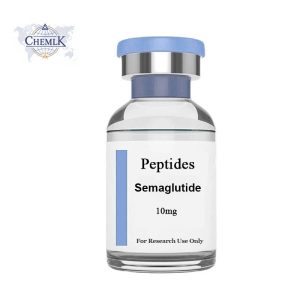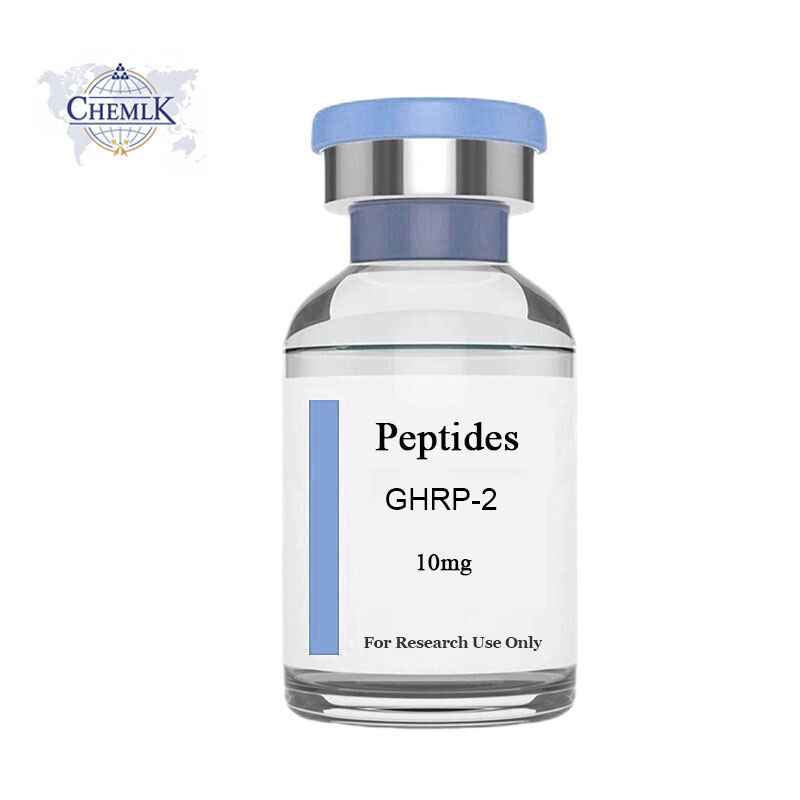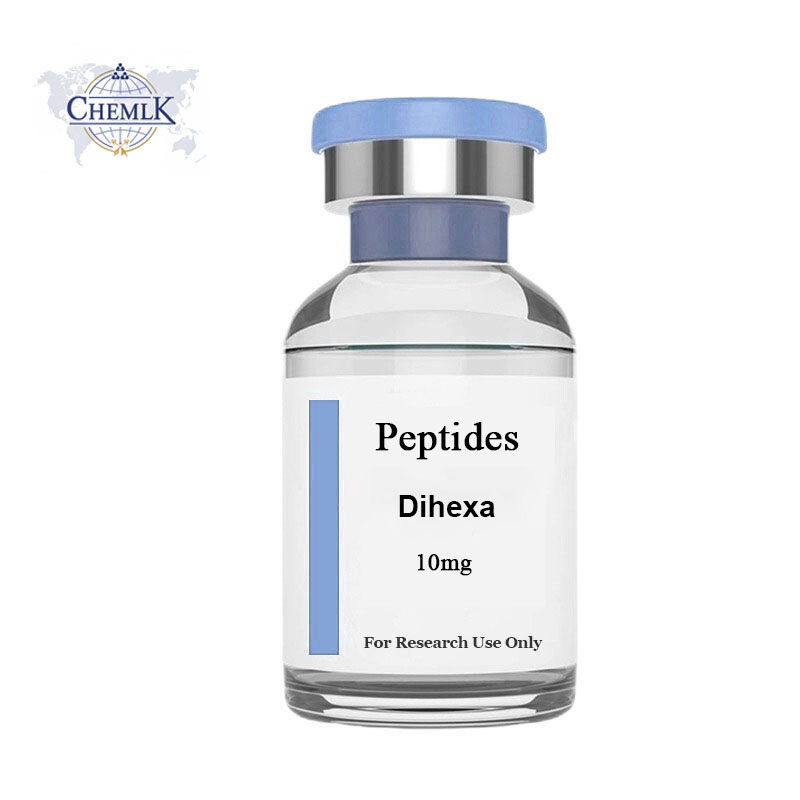The Applications of Peptides|Humanin and its Benefits
Home The Applications of Peptides|Humanin and its Benefits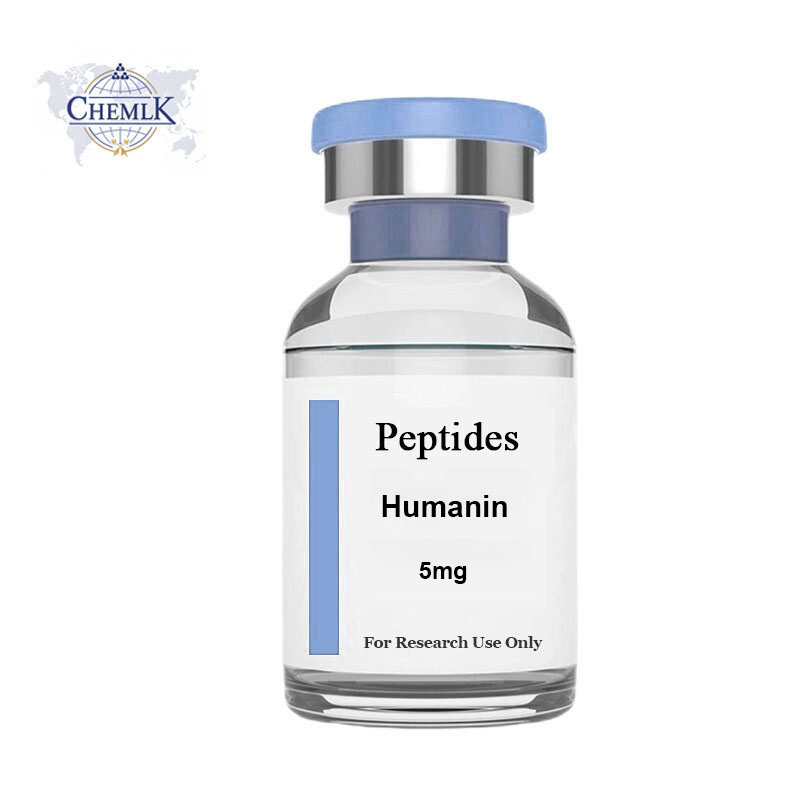
Peptides are short chains of amino acids that have become increasingly prominent in the fields of healthcare, nutrition, and biotechnology. Among the many peptides that have gained attention, Humanin has emerged as a particularly fascinating molecule, drawing interest due to its potential therapeutic applications. In this article, we will explore the nature of Humanin, its biological roles, and its applications across various medical and scientific fields, providing insights into how this peptide is shaping modern medicine.
What is Humanin?
Humanin is a small peptide composed of 24 amino acids and is encoded by the mitochondrial genome. Unlike most peptides, which are synthesized by the nuclear DNA, Humanin is unique because it originates in the mitochondria, the energy-producing organelles in our cells. The peptide was first identified in 2001 and was originally associated with neuroprotective functions. It has since garnered significant interest due to its multiple biological effects, especially in the areas of aging, mitochondrial function, and disease prevention.
One of the most intriguing aspects of Humanin is its ability to protect against mitochondrial dysfunction, a process often implicated in various age-related diseases, including neurodegenerative disorders like Alzheimer’s and Parkinson’s disease. Research into Humanin’s mechanisms has revealed that it interacts with several cellular pathways, including those related to apoptosis (cell death), oxidative stress, and inflammatory responses.
The Biological Mechanisms of Humanin
Humanin exerts its effects primarily through its interactions with various receptors and proteins that regulate mitochondrial function and cellular health. Some of the key mechanisms include:
-
Mitochondrial Protection: One of Humanin’s most significant roles is its ability to protect mitochondria from damage. Mitochondria are often referred to as the powerhouse of the cell, and their dysfunction is linked to a range of diseases, particularly neurodegenerative conditions. Humanin has been shown to reduce mitochondrial oxidative stress, which can lead to cellular damage and aging. By stabilizing mitochondrial function, Humanin helps preserve cell vitality, which is particularly important in tissues that are highly dependent on energy production, such as brain cells and muscle tissue.
-
Neuroprotective Properties: Humanin’s neuroprotective effects have made it a topic of interest in the treatment of neurodegenerative diseases such as Alzheimer’s disease. Studies have demonstrated that Humanin can mitigate the effects of amyloid-beta, a toxic protein that accumulates in the brains of Alzheimer’s patients and contributes to cognitive decline. By blocking the toxicity of amyloid-beta, Humanin has shown promise as a potential therapeutic agent for delaying the onset or progression of Alzheimer’s disease.
-
Anti-Aging Effects: Aging is associated with mitochondrial dysfunction, oxidative stress, and the accumulation of cellular damage over time. Humanin’s ability to maintain mitochondrial integrity has led to its investigation as a potential anti-aging agent. Animal studies have shown that Humanin can extend lifespan and improve healthspan by enhancing mitochondrial function and reducing the effects of age-related diseases. This has prompted research into Humanin-based therapies that could help delay the aging process in humans.
-
Regulation of Apoptosis: Apoptosis is the process of programmed cell death, and its regulation is crucial for maintaining cellular homeostasis. Abnormal apoptosis is linked to various diseases, including cancer and neurodegeneration. Humanin has been found to interact with several apoptotic pathways, acting as a protective molecule that inhibits unwanted cell death, particularly in neurons and cardiac cells. This makes Humanin a potential therapeutic agent for conditions that involve excessive apoptosis, such as heart failure or neurodegeneration.
-
Reduction of Inflammation: Chronic inflammation is a key contributor to a variety of diseases, including cardiovascular disease, diabetes, and cancer. Humanin has been shown to possess anti-inflammatory properties, helping to modulate the immune response and reduce systemic inflammation. This effect could be beneficial in treating inflammatory diseases and conditions where inflammation plays a central role.
Applications of Humanin in Medicine
Humanin’s diverse biological effects have led to its investigation in a variety of medical applications. Below, we explore some of the most promising fields where Humanin could be used therapeutically.
1. Neurodegenerative Diseases
As previously mentioned, Humanin’s neuroprotective properties make it a potential candidate for treating neurodegenerative diseases like Alzheimer’s and Parkinson’s disease. These diseases are characterized by the progressive degeneration of neurons, leading to cognitive decline, motor dysfunction, and eventual disability. Humanin’s ability to protect neurons from oxidative stress, mitochondrial dysfunction, and amyloid-beta toxicity makes it an attractive target for research in this field.
In Alzheimer’s disease, the accumulation of amyloid-beta plaques is one of the key pathological features. Research has shown that Humanin can prevent the harmful effects of amyloid-beta, potentially reducing cognitive decline and slowing disease progression. Clinical trials are still in the early stages, but the results so far are promising.
2. Cardiovascular Health
Mitochondrial dysfunction and inflammation are central contributors to cardiovascular diseases, including heart failure and atherosclerosis. Humanin’s protective effects on mitochondrial function, coupled with its anti-inflammatory properties, could offer a novel approach to treating heart disease. Studies have shown that Humanin can improve heart function in animal models of heart failure, suggesting its potential as a therapeutic agent for managing cardiovascular diseases.
Additionally, Humanin has been shown to promote the survival of heart cells under stress, further highlighting its potential as a cardioprotective agent.
3. Anti-Aging and Longevity
Humanin’s potential as an anti-aging agent is a topic of great interest. As mitochondrial dysfunction is closely linked to aging, Humanin’s ability to maintain mitochondrial function and reduce oxidative stress could slow down the aging process. Animal studies have shown that Humanin can increase lifespan and improve health during aging, making it a promising candidate for developing therapies aimed at extending human lifespan.
Moreover, its effects on reducing the symptoms of age-related diseases, such as cognitive decline and muscle weakness, further enhance its appeal in the field of longevity research. Humanin-based therapies could help individuals live healthier, longer lives by mitigating the effects of aging at the cellular level.
4. Metabolic Disorders
Humanin’s effects extend beyond neuroprotection and cardiovascular health. There is emerging evidence that Humanin may play a role in regulating metabolism, particularly in conditions such as obesity and type 2 diabetes. Studies have shown that Humanin can improve insulin sensitivity and glucose metabolism, making it a potential treatment for metabolic disorders. By enhancing mitochondrial function and reducing inflammation, Humanin may help regulate energy balance and improve metabolic health.
5. Cancer Therapy
The role of Humanin in apoptosis regulation and mitochondrial function also makes it a potential candidate for cancer therapy. Many cancer cells exhibit altered apoptosis pathways, allowing them to evade cell death and proliferate uncontrollably. Humanin’s ability to inhibit apoptosis in normal cells and protect against oxidative stress could be leveraged to target cancer cells selectively.
Research is still ongoing, but Humanin could serve as an adjunctive treatment to improve the effectiveness of existing cancer therapies, potentially increasing their specificity and reducing side effects.
Future Prospects and Challenges
While Humanin holds great promise as a therapeutic agent, there are several challenges that must be addressed before it can be widely used in clinical practice. First, the mechanisms of Humanin’s action need to be better understood, particularly its interactions with other signaling pathways. More research is also needed to determine the most effective methods of delivering Humanin to target tissues, as peptides are often subject to degradation in the body.
Additionally, clinical trials involving Humanin are still in their early stages, and it will take time to determine its long-term safety and efficacy in humans. The development of Humanin-based therapies will require careful evaluation to ensure that they are safe and effective for treating various diseases.
Conclusion
Humanin is a remarkable peptide with a wide range of potential applications in medicine. Its ability to protect mitochondria, regulate apoptosis, and reduce inflammation makes it a promising candidate for treating neurodegenerative diseases, cardiovascular diseases, metabolic disorders, and more. While much of the research is still in its early stages, the therapeutic potential of Humanin is undeniable, and it could play a central role in future treatments aimed at extending lifespan, improving health, and combating age-related diseases.
As research progresses, Humanin may become a cornerstone of personalized medicine, offering patients tailored therapies that target the underlying causes of diseases rather than just their symptoms. The future of Humanin-based treatments is bright, and it is an exciting area of research in the fields of regenerative medicine and aging.









Quick Links
